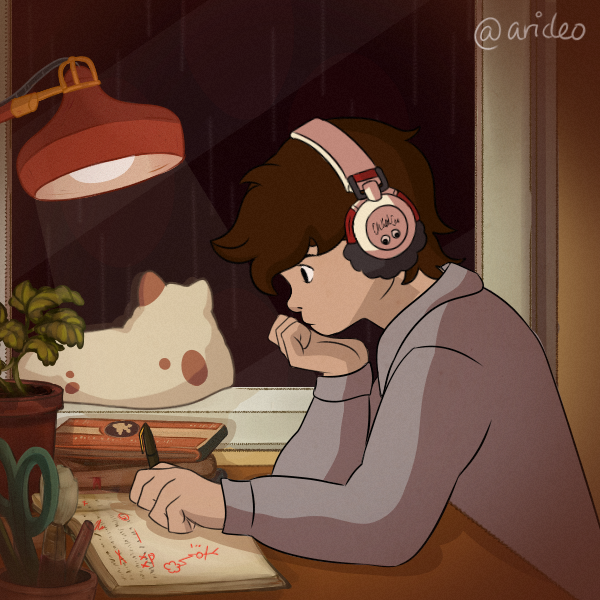
Thinking about this a whole lot recently!! I’ve been feeling so disconnected from the world recently. I wish there were more of those third spaces near me.

It feels like there are less and less spaces and things where you can hang out for free.

I really felt this in my teens. I worked a summer job so I had money to hang out and a car to get there. My friends didn’t have money, though, so their only suggestion was to hang out at a park and I turned it into a walk. I guess we were lucky enough to have that.
It sometimes feels like part of your 20s are the new teens. We’re increasingly restricting what teens can do, like driving friends around, “loitering,” etc. When I listen to my parents talk, their experience of being 16-18 sounds more like how my 21-23 went.
I try to make the effort to at least see friends at a café some weekends now. It might not be cheap to get café coffee three times a day but it’s really not a bad price to sit and chat for a few hours.

Yeah even on the Internet those spaces are dwindling.

I assume its partially the commercialization of literally all social spaces. Plus, most major social websites are so big now that it kinda feels like screaming into the void.

Agreed. People do a lot of their socializing online in spaces so large that there’s no real community. You can interact with hundreds of new people a day without ever truly meeting anyone.

My wife and I have had some success with local meet up groups for board games. It’s easy and the board games take the focus off the individuals. Trivia meet ups are good as well. Have some tolerance for failure as not all groups are for everyone.
Ultimately what I’ve discovered is that so many people feel this way and that with minimal effort we can all get together and be more connected. You just gotta be willing to take the first few steps.

This is such a big issue. I’m an introvert with lots of social anxiety, so that’s saying something. I see lots of older folks who come into my clinic just for the company. Family is further apart, less time for recreation and increased interest in internet-based and IRL interactions is a big issue and I think we underestimate the importance of physical interaction and contact. We are social animals, after all.
Pile this with the Apple Vision Pro, VRChat, the idea of the Metaverse, I think there’s a misguided attempt in using VR to alleviate this, but I just don’t think it has the same impact. I personally think our technological accomplishments outpace our understanding of how they affect us as individuals or society, and in the same vein that we suffered in our ventures into nuclear and radiological materials in the post-war era, we’re seeing similar things with the expansion of the web, especially as it quickly is becoming as real and important as our physical world.

Been seeing lots of studies on the subject pop up and at least for millennials and younger finances were a major reason for isolating. Work a ton and broke isn’t a good environment to build relationships.

I don’t buy this alone as the reason. At the surface level it makes sense, it costs money to socialize outside of the home by going to a coffee shop or bar or what not. But on a deeper level it doesn’t hold up, because when times get tough financially, a great way to reduce costs is to collectivize expenses.
For example, I know two different groups of friends that are living together as households and sharing costs of living in a way that meaningfully reduces the cost of living. One group has twelve people living in a quadplex. They share groceries, home costs etc. The other is 5 people living in a single family home doing a similar setup. Significantly cheaper than renting a 1 bed or studio apartment and living alone or with 1 or 2 roommates. The other benefit, you feel less alone because you are building a life with many other people. Not just the people you live with, but it also gets easier to invite people to your home because you well… have a home that’s inviting and welcoming. Makes it cheaper to be social, because you can just invite people over.
My point being that the greater loss in society is an imagination of what kinds of social structures can exist. Very few people even consider communal living a possibility, or what kind of form that can take (you don’t have to find four friends to purchase a home with, that’s just one way to go about it). Living with roommates is common enough because of necessity, but actually sharing costs outside of rent/utilities is difficult. I’ve tried to get my current roommates on board with something simple like food sharing and that’s impossible. There’s a level of vulnerability and loss of convenience that’s very scary for many.


